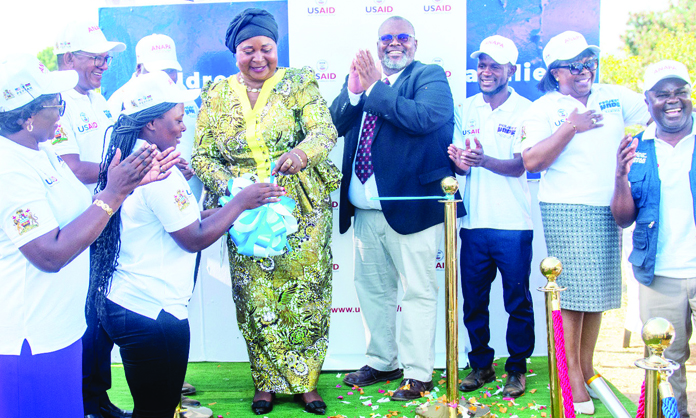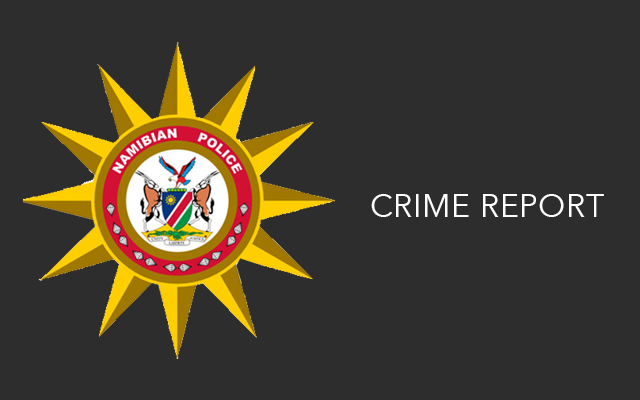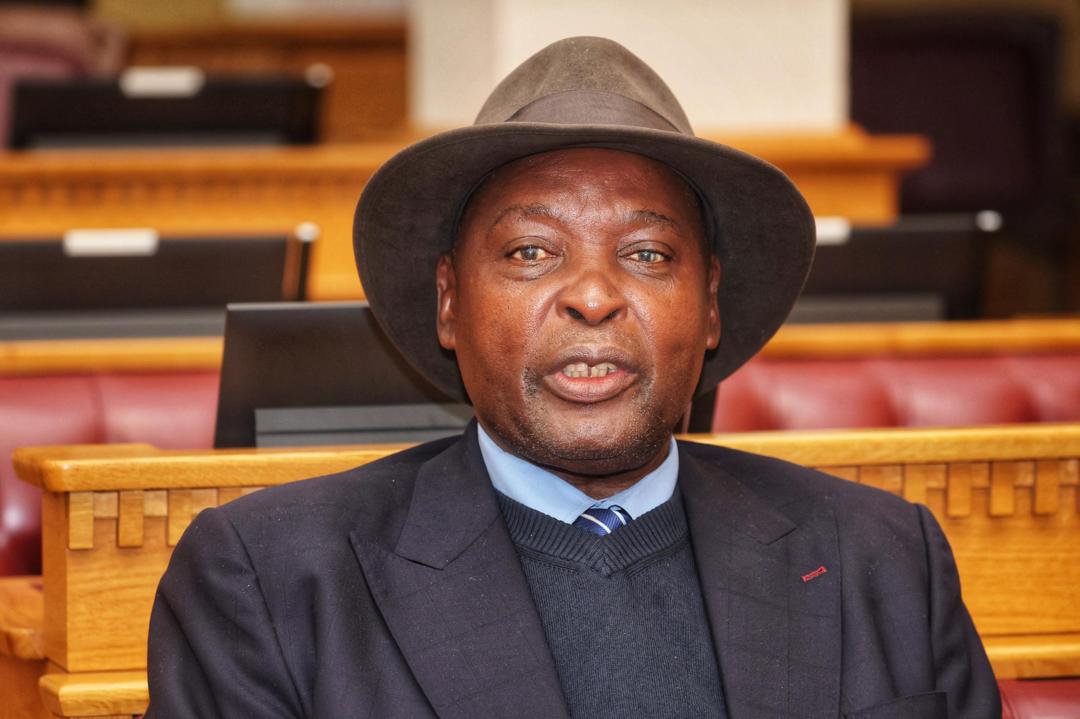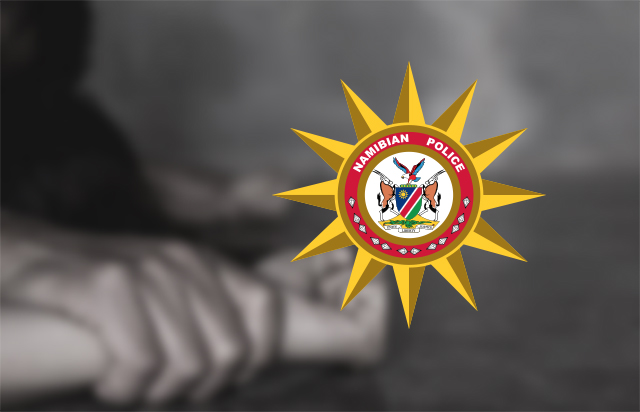Project Hope Namibia recently launched the Ana Ndi Achinyamata (Anapa) project worth US$60 million (N$1,1 billion) to curb HIV-AIDS among young adults and children in Malawi.
The project’s name translates to ‘children and youth first’.
This was announced by Project Hope Namibia’s country director Rosalia Indongo last week.
The project was launched on 6 June.
Indongo says Project Hope Namibia has been implementing the Anapa project since 1 December 2023 alongside partners Lilongwe Catholic Health Commission, the Association of Social Workers in Malawi, and People-to-People Health Foundation.
“The launch of Anapa signals the continued partnership between the government of Malawi and the United States government through its United States’ President’s Emergency Plan for AIDS Relief (Pepfar) programme, aimed at preventing new HIV infection and HIV response with lifesaving, impactful support over 20 years,” she says.
Indongo says the initiative seeks to prevent new HIV infection and improve the quality of life for children and young people affected by the epidemic.
She said several vulnerability factors in Malawi contribute to the higher burden of HIV among certain age groups, such as teenage pregnancy, violence, especially gender-based violence, and adolescents’ low education levels.
According to a combined statement by Pepfar, the United States Agency for International Development (USAID),
Project Hope and Malawi’s president, the HIV epidemic in Malawi presents a significant challenge, particularly impacting vulnerable groups, such as children, teenagers and young women.
Despite progress and governmental efforts, gaps persist, notably among orphans, vulnerable children, and teenage girls and young women, the statement says.
“Funded by Pepfar, through USAID, Anapa focuses on equitable access to health, HIV, and social services for children, teenagers, their families, and young women.
The statement says Malawi has in recent years made remarkable progress in curbing the HIV epidemic, witnessing a 50% reduction in HIV-AIDS-related deaths – from 34 000 in 2010 to 12 000 in 2022.
Positive trends continue, with life expectancy rising from 46 years in 2004 to 66 years in 2024, and projections anticipate further growth to 74 by 2030.
Project Hope is an international global health and humanitarian aid non-governmental organisation founded in the United States in 1958.
It works in five main areas: disasters and health crises, infectious diseases, non-communicable diseases, maternal, neonatal and child health, and health policy.
Stay informed with The Namibian – your source for credible journalism. Get in-depth reporting and opinions for
only N$85 a month. Invest in journalism, invest in democracy –
Subscribe Now!










